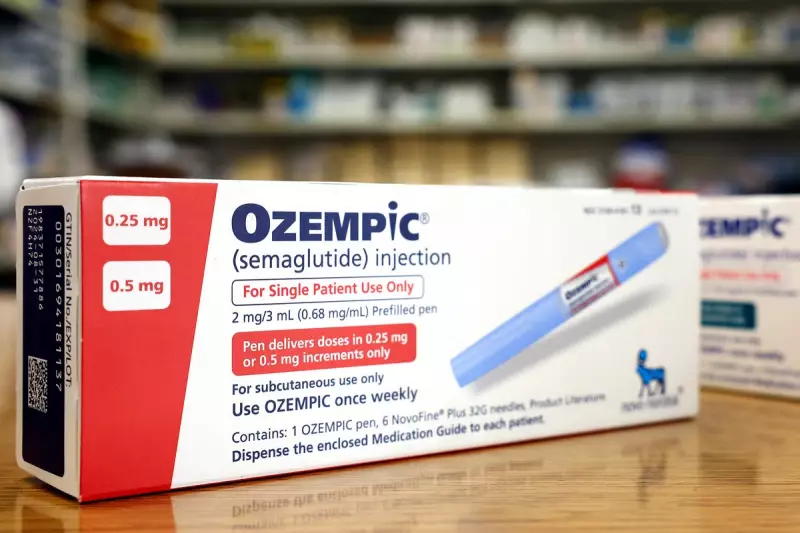
Former US President Donald Trump has sent shockwaves through the pharmaceutical industry with controversial remarks about popular weight-loss medications, causing billions to be wiped from company valuations before markets stabilised.
The Comment That Rattled Markets
During a discussion on his Truth Social platform, Trump took aim at medications like Ozempic and Wegovy, suggesting they were being overprescribed. "You have people that are getting rich beyond their wildest dreams with some of these drugs," he remarked, adding that he knew people who were "on them for a long time" and questioning their long-term effects.
Immediate Market Fallout
The comments triggered an immediate sell-off in pharmaceutical stocks, with industry leaders Eli Lilly and Novo Nordisk bearing the brunt of the market reaction. At one point, Eli Lilly shares plummeted by nearly 5%, representing a staggering $60 billion loss in market value, while Danish firm Novo Nordisk saw significant declines in its Copenhagen-listed shares.
Partial Recovery Amid Analyst Calm
Following the initial panic, cooler heads prevailed as market analysts pointed out the fundamental strength of both companies. "While Trump's comments created short-term volatility," noted one healthcare analyst, "the underlying demand for these breakthrough diabetes and weight-loss treatments remains exceptionally strong."
Eli Lilly's shares later recovered most of their losses, closing down just 0.6% on the day, demonstrating the resilience of investor confidence in the pharmaceutical sector.
Broader Industry Implications
The incident highlights the growing influence of political commentary on financial markets, particularly in the healthcare sector. With weight-loss drugs becoming increasingly mainstream and generating billions in revenue, they've become more susceptible to public statements from high-profile figures.
Market watchers suggest this volatility may become more common as these medications continue to capture public attention and political figures weigh in on healthcare costs and pharmaceutical pricing.





